I am happy to announce that I will be co-organizing a session at next year’s RGS-IBG conference in London (September 1-3). Here is the text of the call for papers:
Convenors: Lars Frers (University of Oslo); Lars Meier (Institute for Employment Research, Nürnberg); Erika Sigvardsdotter (Uppsala University)
What is missing, for whom and why? How does that, which is absent, relate to the things and people that are present? In this session we wish to engage with the intersections of the material and emotional qualities of absence, focussing on the fact that absence is all but a void, manifesting itself in concrete places, people and things; that it is embodied and enacted.
To feel something’s absence, it needs to be part of a temporal pattern, it has to be a part of what is expected; something that used to be present. A factory is shut down, workers gone, and with them the sounds and smells of work. Yet all of these sensual experiences may be evoked by a whiff of a machine’s scent, by a familiar chink or a rusty tool laying around. Exploring the materiality of absence, we want to improve the understanding of how remembrances of things past and people gone are realized in things and people present. Establishing absence may also be part or result of power-related negotiations. As legal residuals of border regulation, irregular migrants are absent in a jurisdiction; off the grid, uncountable and unable to complain if abused or exploited. Yet, their presence is unquestionable. Although being able to exercise that presence may be a long term goal, absence – from conspicuous places, from view and immigration officer’s radars, can be a situational tactic necessary for their survival. However, managing absence, controlling the traces and the materialities that might make the absent present can also be a long-term strategy. Research into climate change can be understood as work trying to overcome the resistance of the material by digging up traces that show that something is there even it may usually be absent.
The absence–presence ambivalence can be worked in various ways; a presence suggesting the absent, the seemingly absent becoming present in flesh and blood, or as a merely suggested, ghostlike presence.
Possible session topics:
- Remembrances: Emotions, memory and the materiality of absence.
- Contestations of what and who is absent/present.
- Practices and the managing of absence.
In the session, we want to discuss different characteristics of absence and their interrelations. To achieve this we will focus on concrete experiences and examples of absence and we welcome presentations that display the sensual and material qualities of absence.
Please submit a 300 word abstract for a 20 minute presentation (including title, presenter’s name and affiliation) before 31st January 2010 to:
 When I wrote an e-mail in Norwegian today, I again had to realize how bad I am with my spelling. Since I just installed Apple’s new operating system
When I wrote an e-mail in Norwegian today, I again had to realize how bad I am with my spelling. Since I just installed Apple’s new operating system 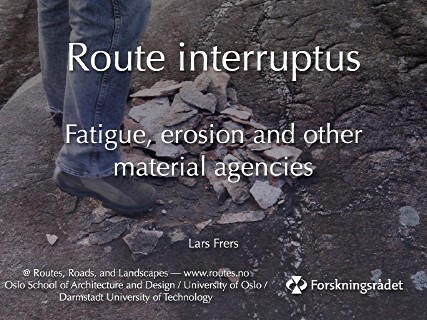 This week, I found myself in Manchester once more. I was called to port by the annual conference of the Royal Geographical Society (RGS–IBG), which might just be my favorite disciplanary organisation conference. Small enough to allow one to meet people frequently, diverse enough to collect many different approaches, and – in the fields of interest for me – open for risky submissions, non-standard formats and innovative presentations. In addition, you will usually find a session or two where people speak very openly about the difficulties of their field work – both on an intellectual but, even more important, also on an emotional level. I guess most of these kinds of sessions are convened and chaired by female researchers that are still in the first decade of their careers… hopefully this is not only an age-related thing but a generational change that continues even when people advance further in their academic standing.
This week, I found myself in Manchester once more. I was called to port by the annual conference of the Royal Geographical Society (RGS–IBG), which might just be my favorite disciplanary organisation conference. Small enough to allow one to meet people frequently, diverse enough to collect many different approaches, and – in the fields of interest for me – open for risky submissions, non-standard formats and innovative presentations. In addition, you will usually find a session or two where people speak very openly about the difficulties of their field work – both on an intellectual but, even more important, also on an emotional level. I guess most of these kinds of sessions are convened and chaired by female researchers that are still in the first decade of their careers… hopefully this is not only an age-related thing but a generational change that continues even when people advance further in their academic standing. A few months ago, the book
A few months ago, the book 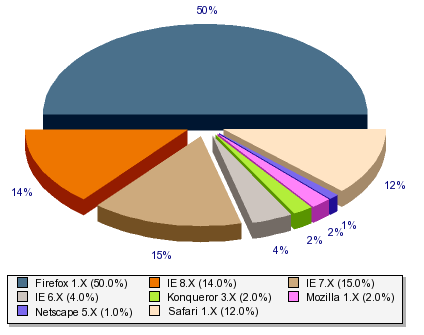 Well, it is more than five years ago that I blogged about the fading away of
Well, it is more than five years ago that I blogged about the fading away of 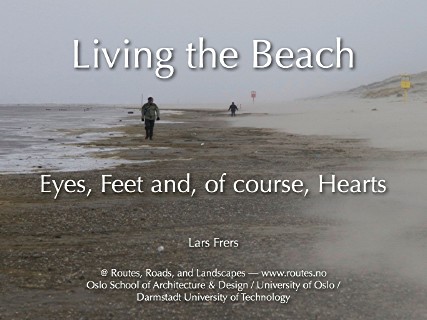 After leaving the conference on
After leaving the conference on 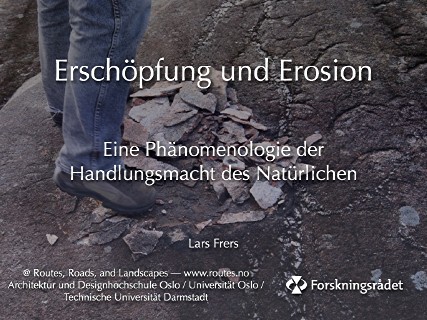 Am 18. und 19. Juni konnte ich erfreulicherweise auf der wirklich spannenden gemeinsamen Tagung der Sektionen Wissenschafts- und Technikforschung und Umweltsoziologie der DGS einen Vortrag halten. Zum Glück habe ich während des Vortrags die Verwendung von Füllwörtern wie
Am 18. und 19. Juni konnte ich erfreulicherweise auf der wirklich spannenden gemeinsamen Tagung der Sektionen Wissenschafts- und Technikforschung und Umweltsoziologie der DGS einen Vortrag halten. Zum Glück habe ich während des Vortrags die Verwendung von Füllwörtern wie 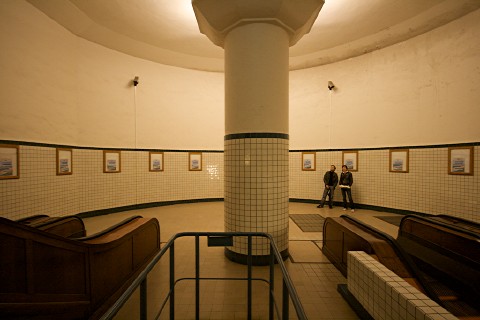 Three weeks ago, Alexander Schellow and I conducted a workshop called spatial research at the
Three weeks ago, Alexander Schellow and I conducted a workshop called spatial research at the